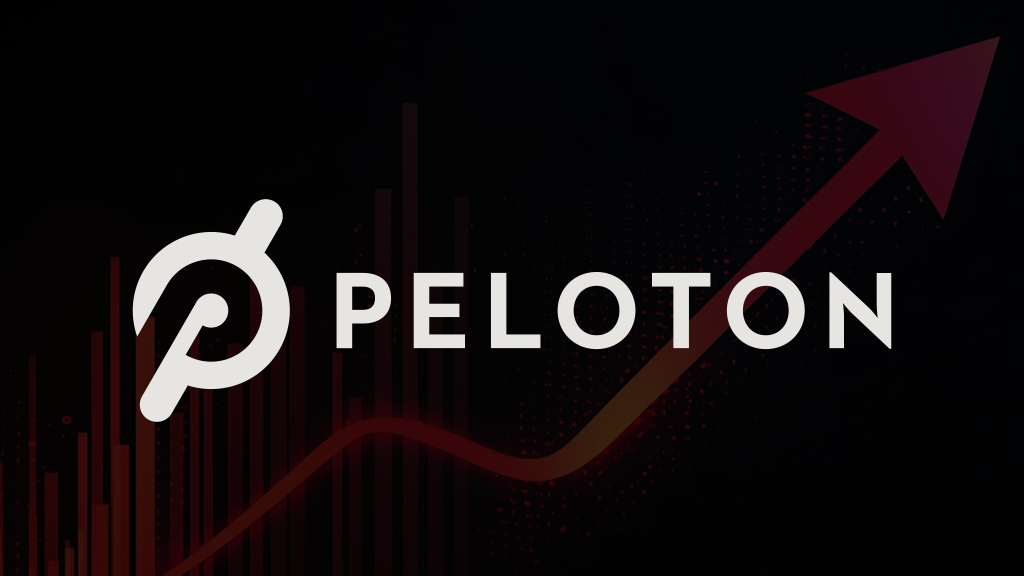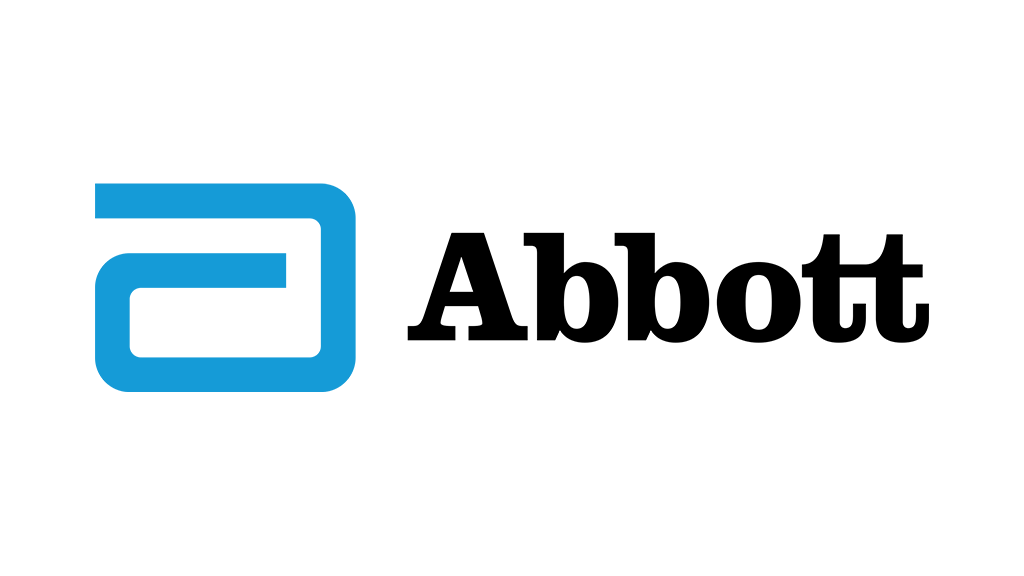Kevin Weitz Psy.D.
Leadership Coach

Kevin Weitz Psy.D.
Kevin Weitz is an organizational psychologist, leadership coach and business consultant. He specializes in working with leaders to shape their organization’s culture by focusing primarily on behavior change aligned the organization’s strategic direction. His rigorous approach focuses first on the capabilities of senior leaders to ensure that their behaviors drive cultural change.
For over 25 years Kevin has consulted with organizations like Intel Corp, Chevron, Levi Strauss & Co, Wells Fargo Bank, Pacific Gas & Electric, British Columbia Hydro and Standard Bank of South Africa on large-scale transformational projects. These transformational initiatives are almost always extremely challenging for these organizations, especially for employees and other stakeholders. Kevin’s transformation work focuses on behavior change and engaging leaders, employees and stakeholders to help them become more adaptable to constant and disruptive change.
Kevin holds a Psy.D. in organizational psychology and is a published author of an Amazon Kindle book entitled “The House of Culture”. He will shortly publish a co-authored book entitled “The Crisis of Expertise and Belief: Coaching Experts and Leaders in an Environment of Suspicion, Distrust and Polarization”.
He lives in Lincoln California and is a competitive mountain biker and loves riding in the magnificent mountains of Northern California.
Leadership Land-Mines: Hubris, Blind-Spots, Biases and Dunning-Kruger Thinking
Stepping on landmines
During a four-year long project to shape culture in a multi-national company, a brilliant senior leader of an engineering division with decades of experience and numerous successes in technology and engineering developed a strategy to shift culture in her areas of responsibility. Despite her having access to a specialist culture consulting team, she decided that her approach was preferable. After many months of effort and investment, her approach failed – she had stepped way outside of her area of expertise and onto a landmine. Soon thereafter, she was promoted to another division given her extensive engineering background, but her previous business unit was left jaded by the culture change experience. The landmine was her strong conviction that her engineering expertise translated into competence in other domains, and it did not. This is just one example of the kinds of “landmines” (or blind-spots) senior leaders can step on – there are many others!
Are we all just stupid?
David Dunning (of Dunning-Kruger fame) comments “we are all stupid, it’s just that some of us are aware of how much we don’t know, and what makes us ignorant and are therefore less likely to parade our ignorance” (and step on landmines). There is a growing body of knowledge emerging from the field of psychology that supports this claim. Many of us have little or no idea about why we behave the way we do and why we make decisions the way we do. We are oblivious.
Leadership (and human) landmines
The Dunning-Kruger Effect (based on research by David Dunning and Justin Kruger) shows that most people (especially those with limited knowledge) greatly over-estimate their capabilities. True experts can also fall into this trap (but less so) and the results of these landmine explosions can be severely damaging. Over-confidence, hubris and a degree of narcissism make it difficult for some leaders to admit ignorance in specific areas. A corporate cultural trait that amplifies this problem is one in which challenging a senior leader (or even providing constructive feedback to) is potentially career limiting. As described in my previous article (“Millions of Moments” shape culture), companies that do not have an accepted process for discussing behavior (including that of leaders) can suffer from excessive leadership hubris and serious decision-making mine fields.
Narcissistic leaders – There’s a landmine in front of you – more listening, less talking!
Narcissistic traits include being overly boastful, projecting an image of superiority, lack of interest or empathy for others and not listening to team members. These traits are not uncommon in leadership positions largely because they can appear extremely charming, they project confidence and are self-promoting. Individuals with these traits are more prone than most to stepping on the landmines of blind-spots, biases and Dunning-Kruger thinking.
Leadership Blind Spots and Biases (Watch out, there’s a landmine over there!)
All of us have blind spots, but senior leadership roles magnify the risks of stepping on these landmines primarily because of the magnitude and implications of their decisions-making roles. In corporate cultures where senior leaders are revered and placed on pedestals, a form of confirmation bias can emerge where leaders surround themselves with sycophants and begin to believe they know it all, versus tapping into the diverse knowledge of their teams. There are numerous biases, blind spots and heuristics that influence our judgements and decision-making, and training in these is valuable for leaders to better understand the potential mine-fields they create. Self-awareness training in particular, open dialogue and behavioral feedback in the workplace are also beneficial if leaders are to avoid potential missteps.
Mapping the minefield – a few stepping stones
- Screen for incoming missiles – excessive hubris and narcissistic behaviors can be seductive to recruiting managers. Include screening methods in hiring and promotion processes that highlight these personality traits.
- Develop processes for in-the-moment discussions of behavior and feedback (see my previous article here).
- Provide coaching for leaders who are effective, but struggle with hubris and narcissistic traits, while recognizing that leaders who demonstrate some of these traits are most likely to reject the need for coaching. In these cases, entrench coaching as a development and promotion requirement.
- Provide training on blind-spots and biases that are specific to the workplace.
Landmine avoidance – Self-Awareness and knowledge!
To avoid stepping on these landmines, leaders should honestly and routinely question their knowledge and expertise and the conclusions they draw, rather than making assumptions. This requires “thinking about thinking” (or metacognition) which is difficult for many. Leadership coaching helps develop this capability. Leaders can be their own devil’s advocates by challenging themselves to probe how they might possibly be wrong and where their beliefs and behaviors may lead them into mine fields.
At the core of effective leadership development is learning more about one’s own biases, behavioral triggers and knowledge limitations.















































